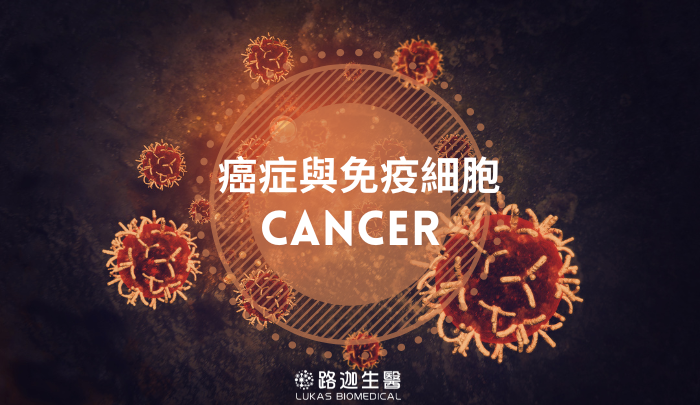Understanding Cancer Tumors and Immune Cells

The occurrence of cancer is not caused by a single factor but may be influenced by a combination of various factors such as infections, carcinogens, aging, dietary habits, exposure to ionizing radiation, environmental pollution, and genetic heritage. These factors collectively cause uncontrolled cell proliferation in the human body. This group of proliferating cells is referred to as a "tumor." Tumors can be benign or malignant, with malignant tumors being what is commonly known as cancer.
Malignant tumors (cancer) have long been the leading cause of death in the country. Current cancer treatments include surgery, chemotherapy, and radiation therapy. While advancements in medical research have alleviated many of the symptoms associated with chemotherapy and radiation therapy, these treatments inevitably come with side effects. Some of these severe side effects, such as a weakened immune system, still place a heavy burden on patients. Additionally, the risk of cancer recurrence due to residual cancer cells or cancer cells resistant to chemotherapy or radiation therapy continues to threaten patients' lives. Tumor recurrence remains one of the primary challenges in cancer treatment. Over the years, the global pharmaceutical and biotechnology industries have been striving to innovate and improve various methods for cancer prevention and treatment.
The immune system is a crucial protective mechanism in the human body, defending against foreign pathogens and eliminating abnormal cells. The immune system is divided into innate immunity and adaptive immunity. T lymphocytes (T cells) within the adaptive immune system play a key role in fighting cancer cells. CD4+ helper T cells can secrete cytokines to regulate the immune system, while CD8+ cytotoxic T cells effectively recognize and attack cancer cells. Furthermore, the memory function of T cells makes them a critical weapon in the fight against cancer.

